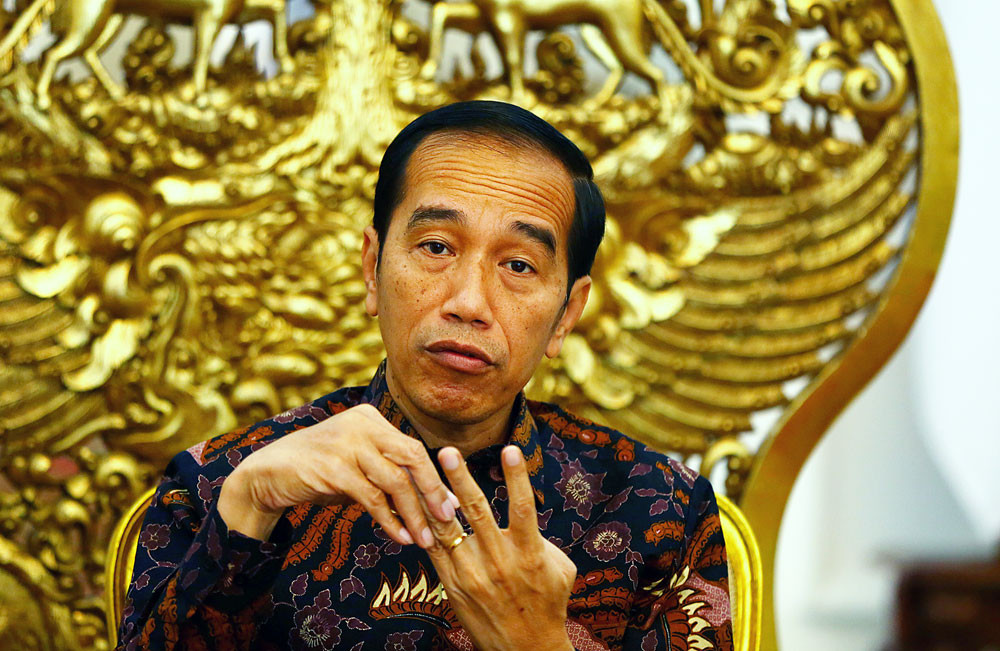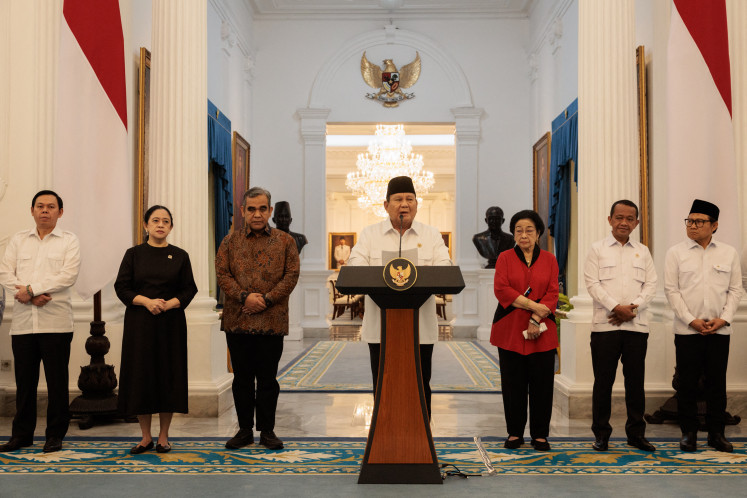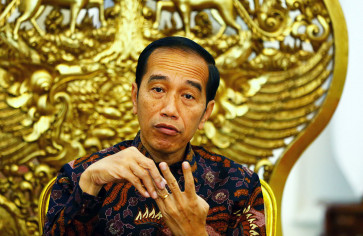Popular Reads
Top Results
Can't find what you're looking for?
View all search resultsPopular Reads
Top Results
Can't find what you're looking for?
View all search resultsHow Jokowi spends money better in second term
The process of policymaking cannot be apolitical. But having too much political influence can harm the purpose of policymaking to allocate public money for public interests. As it happens, at least two problems can be identified. #opinion
Change text size
Gift Premium Articles
to Anyone
T
he Constitutional Court’s ruling on Joko “Jokowi” Widodo’s victory in the predictably contentious, divisive 2019 presidential contest has sustained the President’s record of electoral invincibility. Now, with the presidential inauguration scheduled for October, Jokowi has set to work on the campaign promises he made with his running mate and future vice president Ma’ruf Amin.
Jokowi’s second-term policies will likely be a continuation of work initiated over the last five years. In his first public speech after reelection, he confirmed that building infrastructure and improving the domestic business environment would remain a priority. The incoming administration will also focus on human resources development and effective execution of the state budget (APBN).
Jokowi is correct in believing that a well-managed APBN will benefit people through the provision of public goods and services such as health care, education and infrastructure. It also means basic governance principles of professionalism, transparency and accountability will be incorporated throughout the government activity cycle from planning to evaluation.
Jokowi’s record has proven that he is prepared to accommodate political bargaining, which could potentially influence the formulation of policies and, ultimately, the management of the APBN.
While the President and his aides may have their prerogatives regarding policy and spending decisions, they are balanced by the House of Representatives’ mandate to scrutinize and approve them. Business groups and civil society organizations also have lobbying powers and represent the interests of their respective constituents.
The process of policymaking cannot be apolitical. But having too much political influence can harm the purpose of policymaking to allocate public money for public interests. As it happens, at least two problems can be identified.
The first problem emerges when policy outcomes no longer serve the public interest. Consider the government’s approach in addressing market failures, such as taxi and ojek (motorcycle taxi) quasi-monopolies at transportation hubs like airports and train stations. The absence of reliable, integrated public transportation systems in Indonesia has made them a realistic option for most travelers.


















